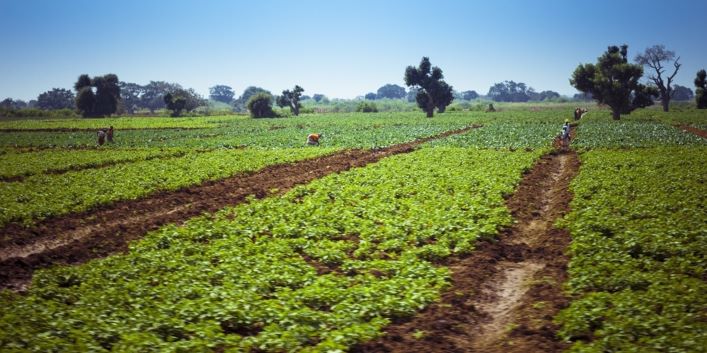Abiud J. Bongole1*, Joseph P. Hella and Kenneth M. K. Bengesi 3
1 Department of Economics, The University of Dodoma, Dodoma, Tanzania, 2 Department of Food and Natural Resource,
Sokoine University of Agriculture, Chuo Kikuu cha Kilimo, Morogoro, Tanzania, 3 Department of Policy Planning and
Management, Sokoine University of Agriculture, Chuo Kikuu cha Kilimo, Morogoro, Tanzania
Abstract
Concerns of food insecurity and climate change are serious global challenges, Tanzania included. In response, farm households are using various climate-smart agricultural practices (CSA-practices) which are believed to play a vital role to increase agricultural productivity, increasing resilience to climate change, and reducing mitigation costs for
greenhouse gas (GHG) emissions while improving households’ food security. Despite these benefits of CSA-practices but the usage of these practices is still voluntary and its impact on household welfare specifically food security is not well-documented in Tanzania, particularly in Mbeya and Songwe Region. Therefore, the determinants of using CSA-practices (in particular organic manure, drought-tolerant maize seeds, and irrigation) and the impact of the usage of household food security was examined. The cross-sectional study design was used to collect information from farming households in the Southern Highlands of Tanzania (Mbeya and Songwe regions). To evaluate the impact of the combination of CSA-practices on household food security the study used a multinomial endogenous treatment effect model. A counterfactual analysis was conducted to compare the impacts from different combinations of CSA-practices considered. The findings show that household, plot, and institutional characteristics have significant effects on the usage of a different combination of CSA-practices. The study also found that the highest payoff of food security is achieved when CSA-practices are used in combination rather than in isolation. The package that contains a combination of drought-tolerant maize seeds and Irrigation (Or0Dt1Ir1) gave a higher payoff than the combination of all three CSA-practices. The study suggests that based on the practices considered in this study, the usage of a combination of various practices results in better food security compared to the usage of these practices individually. This indicates that promoting a combination of CSA-practices could enhance household food security.
Keywords: climate, smart, agriculture, practices, food
Click here to download full Article:https://www.coebs.sua.ac.tz/tradeinvestment/wp-content/uploads/2022/06/fsufs-06-541798.pdf




